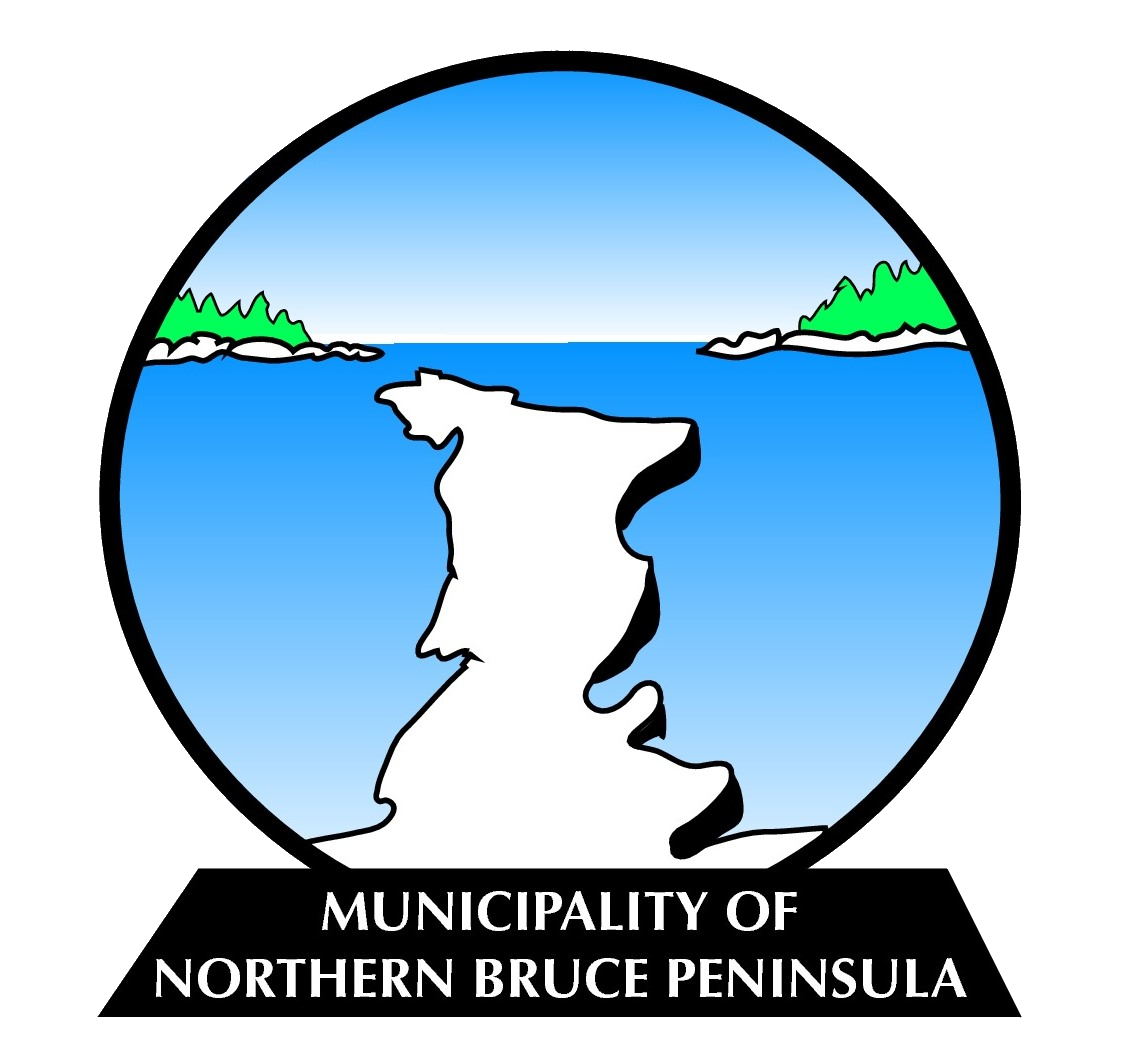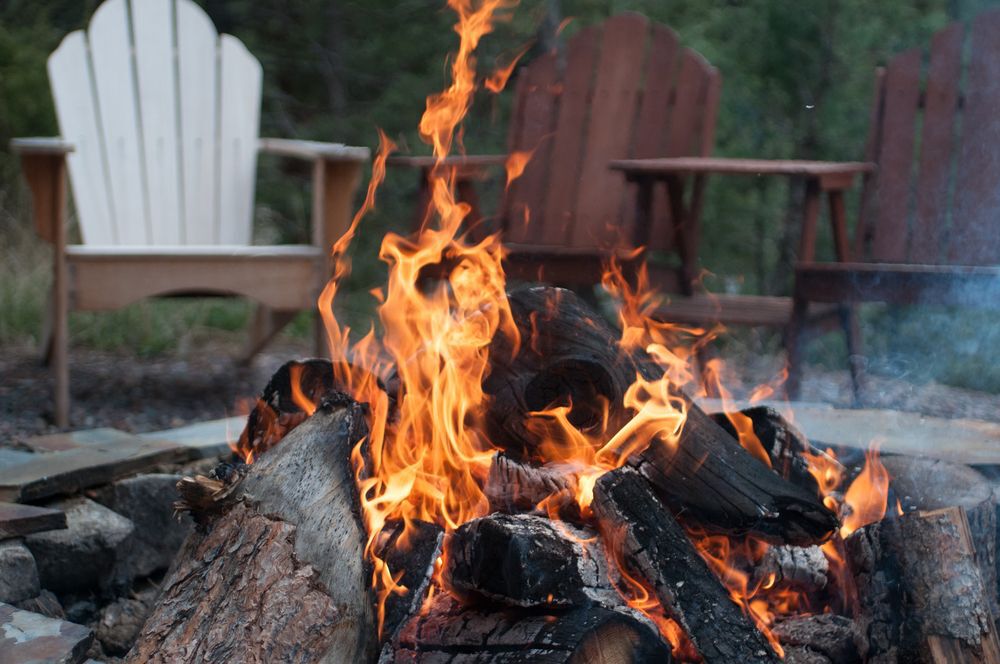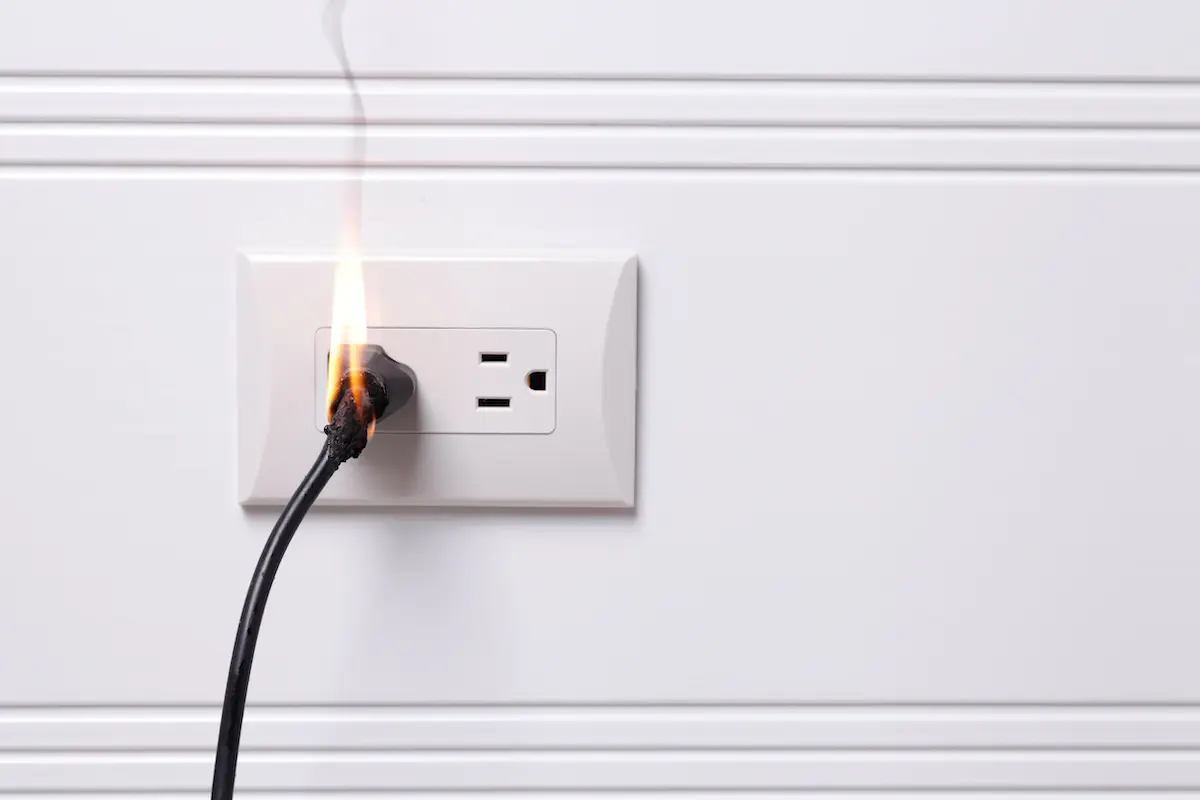Although candles offer a soothing atmosphere during the Holiday Season, the Fire Department is urging the public to exercise caution when using candles to reduce the risk of fire. It is important to follow these essential safety tips to prevent accidents:
- Always extinguish candles before leaving a room or going to sleep to ensure the flame is never left unattended.
- Keep candles out of reach of children and pets to prevent accidental tipping or exposure to the flame.
- Place candles in sturdy containers and ensure they are at least 0.3 meters (one foot) away from anything that could catch fire, including clothing, furniture, and holiday decorations like Christmas trees.
- Avoid placing lit candles in windows where they could be easily knocked over or come into contact with flammable materials outside.
- Never allow children or teens to have candles in their bedrooms to reduce the risk of fire while they sleep.
- Store matches and lighters in safe places—up high and ideally locked away from children, to prevent curiosity from leading to dangerous situations.
- Teach children that matches and lighters are tools for adults only and should never be handled by anyone not under supervision.
By following these precautions, we can all enjoy the ambiance candles provide while keeping our homes safe from the risk of fire.







